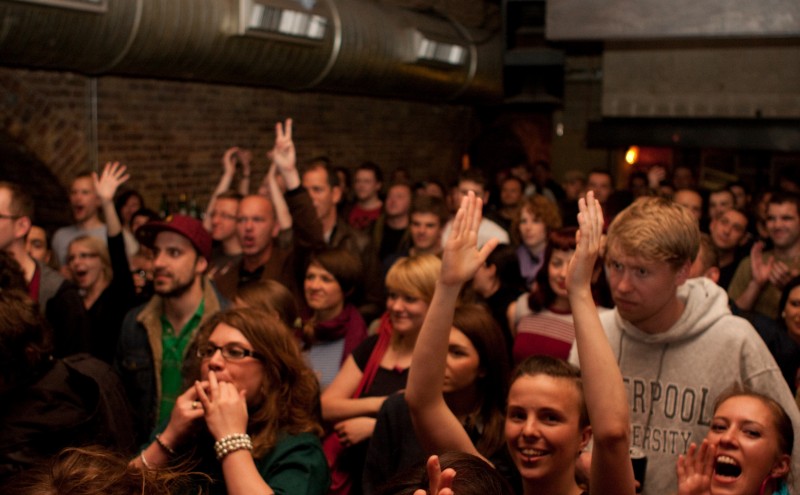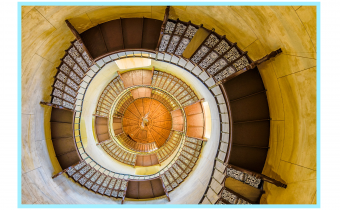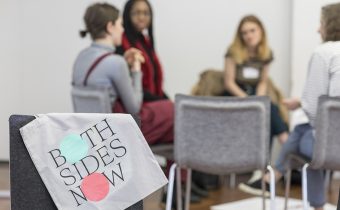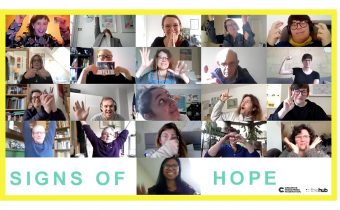Show me the money: sources of finance for early stage artists
At last weekend’s Making Money from Music – Early Revenues panel at The Great Escape, hosted by PRS for Music, I promised I would post some links to funders and other sources of finance I mentioned that are potentially relevant to early stage career musicians, so here they are, along with a link to my top 10 fundraising tips blog from last year. I’ve not included links to crowdfunding platforms; instead the focus is on public funders (mainly funded via the lottery), private foundations and loan finance. If I can I’ll post something on crowdfunding in the next couple of weeks. Meanwhile, I hope this is useful!
First up, general funding for individuals and organisations working in music
Grants for the Arts, Arts Council England (ACE)
ACE’s mission is about “great arts for everyone”, and it has 5 key priorities: talent and artistic excellence;more people experiencing the arts; sustainability, resilience and innovation; diverse arts sector, and children and young people.
Through its lottery-funded Grants for the Arts programme individuals and organisations can apply for funding towards events, commissions, productions, tours, residencies, participatory and educational activities, audience development, equipment, instruments and vehicles, professional development, training and bursaries. Individuals can apply for £1k-£30k and organisations generally for £1k-100K. If you’re applying for less than £15k it takes up to 6 weeks to hear back from them, for over £15K it’s 12 weeks. No deadlines.
Remember though what I mentioned about needing to be clear what the public benefit will be as it’s lottery money, so think about how what you’re doing fits with at least one of those 5 key priorities.
Open funding, PRS for Music Foundation
PRS for Music Foundation is the UK’s largest funder of new music. Its open funding is open to individuals and organisations, and supports: commissions of new music by UK-based creators; exciting community projects that reach new audiences; touring; music that uses exciting new developments in technology; music creator residencies, and live programmes, featuring UK new music. Next deadline for its open schemes: 30 June.
Women Make Music, PRS for Music Foundation
This fund was created in response to a desire by PRS for Music Foundation to better support women who are making new music, partly in light of the fact that at the time of the scheme’s genesis only 14% of PRS for Music’s members were women. Both individuals (with at least 18 months professional experience) and organisations/groups can apply to WMM, which has a focus on: songwriters and composers who want to create new music for live performance; solo performers who want to *commission new music which they will perform live; organisations/groups who would like to commission a female composer to create new work, and music creator residencies. Next deadline is 29 September.
Sound and Music is the national agency for new music. While not a funder per se, it does run development programmes for composers, event producers and promoters, which may be relevant to you if you work in more experimental areas of new music and sound.
Emerging Excellence, Help Musicians
Help Musicians have lots of support for emerging musicians from all different genres. Their Emerging Excellence awards offer to £3,000 of grant support to fund development projects for anyone from unsigned bands to classical string quartets and singer-songwriters. The next deadline is 12 June. They also run the Peter Whittingham Award for emerging jazz musicians (next round October) as well as offering a raft of support to musicians studying at postgraduate level.
And here’s some info on funding for international work
Music Export and the International Showcase Fund, PRS for Music Foundation
This is a scheme for artists who are well on the way to breaking in the UK, and who have their eye on building audiences overseas. It supports artists to make those all important overseas trips and perform in front of international labels, promoters, agents and publishers at industry showcases such as SXSW, JazzAhead, CMJ, Folk Alliance and Eurosonic. If you’ve been invited to play at one of these events and know how you’d use that invitation to further your career, but need some financial assistance to make it happen, then you should definitely check this scheme out!
Artists’ international development fund (AIDF)
Funded by Arts Council England and the British Council, the AIDF offers financial support of £1-5K to emerging and mid-career artists, producers and publishers based in England to spend time building links with artists, organisations and/or creative producers in another country. You can use it to develop international work, to collaborate with and learning from overseas artists and kick start longer term relationships that will help you develop your international audience. You’ve just missed a deadline, and the next one isn’t till January 2015, so plenty of time to think about this one. Mark it in your diary for early next year!
Here are some loan finance options
Creative Industries Finance programme
After a two year pilot that ran in London and Yorkshire, the CIF programme will be relaunched in September as a national programme, offering creative enterprises that have been trading for 18+ months business support and loans of £5000-£25000. If you’re entrepreneurial, looking for loan finance and savvy business advice, this might be for you.
One of a number of start up loan schemes that entrepreneurs working in the music sector can apply to. Transmit’s loans are available to anyone 18+ based in England or Scotland, starting a business or within the first 12 months of trading. The average loan offer is around £6k, repayment terms are between 12-60 months and the interest rate is 6.2%APR.
AIM (The Association of independent Music) also has a start up loan scheme, also open to entrepreneurs looking to start a business or who are in the first 12 months of trading. This time the focus is England, Wales and Northern Island, with the average loan amount being £5,700 and the interest rate being 6%. As well as loan finance the scheme offers members industry advice and networking opportunities.
And finally some of my best fundraising tips
Ok, so now you know where to look, what do you need to know? Earlier this year I shared my top 10 fundraising tips in a hub blog, which you can read here. It should set you off nicely on your quest to raise some new sources of income.
And now, really finally, forget DIY, choose DIO!
One last thing… Our panel might have been part of the DIY strand, but for me a more sensible approach is to think ‘DIO’ – do it ourselves. The chances are that somewhere in your midst is a friend or colleague who loves what you do, would love to see you succeed, is great at writing and would love to use their skills to help you. Search them out and ask for their help. Even now, into my second decade as a fundraiser, I still help my friends out in this way – and still get a buzz from it.




